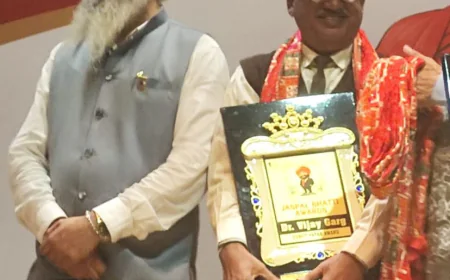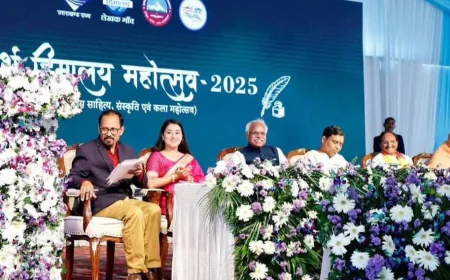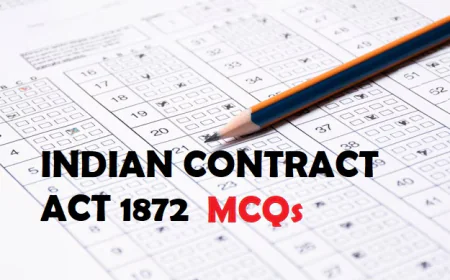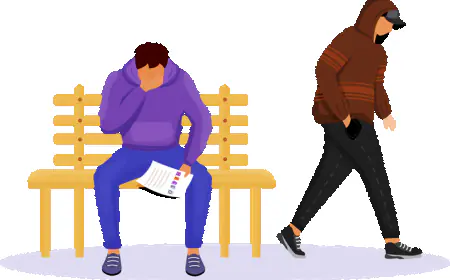The vanishing habit"

"The vanishing habit"
* The decline of a specific habit or tradition: For example, the habit of writing letters, reading physical newspapers, or using a landline phone. * The phenomenon of habits themselves disappearing: This could be a more philosophical or psychological discussion about how modern life, technology, and constant change affect our ability to form and maintain habits. * A specific book, article, or piece of media: There might be a title or a work with this exact name that the user is referencing.
* A personal experience: The user might be sharing a personal observation about a habit they or someone they know has lost. Given the ambiguity, I will provide a comprehensive response that covers a few of the most likely interpretations. I'll structure it to provide general information and then delve into specific examples. The Vanishing Habit: A Decline in Traditions and Daily Practices The phrase "the vanishing habit" speaks to a common observation in modern society: the slow, often unnoticed, disappearance of certain traditions, customs, and daily practices that were once widespread. This phenomenon is driven by a number of factors, including technological innovation, social and economic changes, and the acceleration of life. Here are a few examples of "vanishing habits" from different domains: 1. Communication and Social Interaction: * Handwritten Letters: Once a primary form of long-distance communication, the habit of writing and sending letters has been largely replaced by email, text messaging, and social media.
* Face-to-Face Conversations: While this habit hasn't vanished entirely, the way we interact has changed. Many brief, daily exchanges are now done digitally, reducing the need for spontaneous, in-person conversations. * Using a Landline Phone: The rise of mobile phones has made the landline an obsolete item in many homes, eliminating the habit of answering a shared, stationary phone. 2. Information Consumption: * Reading a Physical Newspaper: The habit of buying a daily newspaper and reading it with a cup of coffee has given way to digital news apps and social media feeds that provide instant, personalized updates. * Using a Library's Card Catalog: Before digital databases, the card catalog was an essential tool for finding a book. This physical habit has been replaced by a few clicks on a computer.
* Looking Things Up in an Encyclopedia: The multi-volume encyclopedia set was a staple in many homes, and the habit of consulting it for information has been completely replaced by online search engines. 3. Leisure and Hobbies: * Film Photography: The habit of loading a roll of film, taking a limited number of pictures, and waiting for them to be developed has been supplanted by the instant gratification of digital cameras and smartphones. * Listening to a Full Album: With the rise of music streaming services and playlists, the habit of sitting down and listening to an entire album from start to finish has become less common. * Board Games and Puzzles: While these still exist, the habit of gathering around a table for a game night has increasingly competed with individual digital entertainment and video games. 4. Daily Life and Etiquette: * Paying with Cash: With the convenience of credit cards, mobile payments, and online transactions, the habit of carrying and using physical cash is in decline. * Tipping Your Hat: This was once a common gesture of respect, particularly among men, but it has largely disappeared from modern social etiquette. * Memorizing Phone Numbers: The habit of remembering the phone numbers of friends and family has become unnecessary due to the contact lists stored on our phones. The Psychology of Vanishing Habits The loss of these habits is not just a matter of convenience; it also reflects deeper societal shifts. The habits we form shape our cognitive processes and our daily rhythms. As we shed old habits, we are also changing the way we interact with the world, process information, and connect with others.
The "vanishing habit" can be seen as a form of cultural evolution, where practices that no longer serve a purpose are replaced by more efficient, modern alternatives. While this can lead to progress, it can also lead to a sense of loss—a feeling that we are shedding a part of our collective history and the simple, tangible routines that once defined our lives. Vijay Garg Retired Principal Educational columnist Eminent Educationist street kour Chand MHR Malout Punjab










































